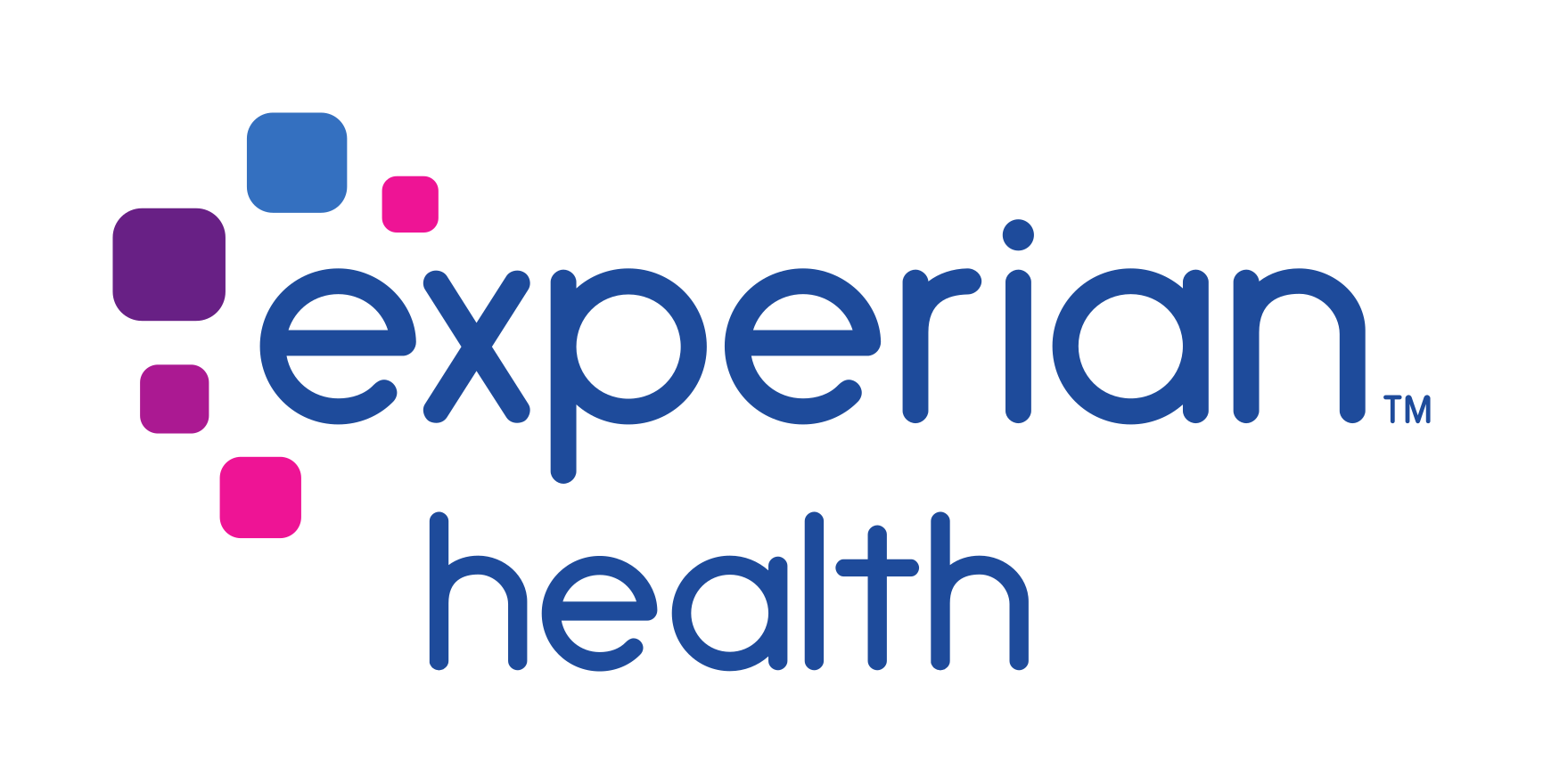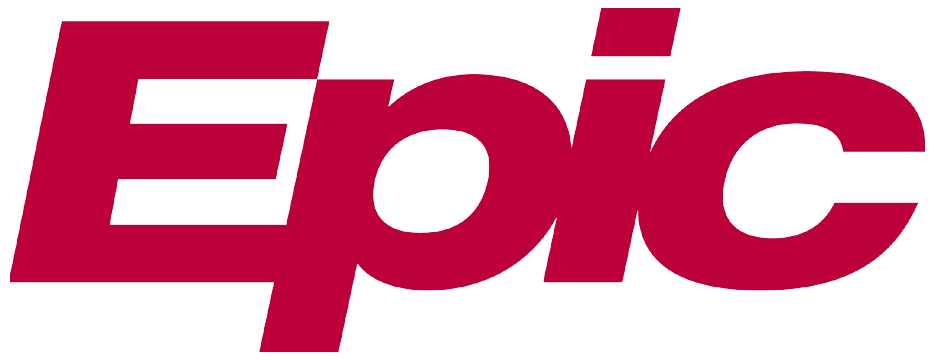Patient access services play a critical role in the healthcare ecosystem, ensuring seamless interactions between patients and healthcare providers. These services encompass scheduling, registration, insurance verification, prior authorization, and financial clearance, all aimed at enhancing patient experiences and operational efficiency.
In 2025, the demand for efficient patient access solutions continues to rise, driven by increasing healthcare costs, regulatory requirements, and the need for improved patient outcomes.
Importance of Patient Access Services
Patient access services are the backbone of healthcare delivery, bridging the gap between patients and providers. They ensure timely access to care, reduce administrative burdens, and improve financial outcomes for healthcare organizations.
Key benefits of Patient Access Services:
- Enhanced Patient Experience: Streamlined processes reduce wait times and improve satisfaction.
- Operational Efficiency: Automation and technology minimize manual tasks, allowing staff to focus on patient care.
- Financial Performance: Accurate insurance verification and prior authorization reduce claim denials and enhance revenue cycles.
- Regulatory Compliance: Adherence to standards like HIPAA ensures data security and legal compliance.
Criteria for Selecting Top Patient Access Service Providers
Selecting the top patient access service providers involves evaluating several factors to ensure they meet the needs of healthcare organizations and patients. The criteria include:
- Technology and Innovation: Use of advanced tools like AI, cloud-based platforms, and automation.
- Scalability: Ability to serve small practices and large health systems.
- Compliance and Security: Adherence to HIPAA and robust data protection measures.
- Client Feedback: Positive reviews and proven track records from healthcare providers.
- Integration Capabilities: Seamless integration with electronic health records (EHRs) and other systems.
Top 10 Patient Access Service Provider Companies in the USA
1. Experian Health

Experian Health leads the patient access service industry with its comprehensive suite of solutions designed to streamline administrative processes. Its platforms focus on insurance verification, patient responsibility estimation, and prior authorization.
- Key Features:
- Automated eligibility and benefits verification.
- Real-time patient financial estimation tools.
- Integration with major EHR systems.
- Why It Stands Out: Experian Health’s AI-driven tools reduce claim denials by ensuring accurate data collection at the point of service.
2. Waystar
Waystar offers cloud-based solutions that simplify patient access and revenue cycle management. Its platform is known for its user-friendly interface and robust analytics.
- Key Features:
- End-to-end patient access solutions, including scheduling and registration.
- Advanced analytics for revenue cycle optimization.
- Mobile-friendly patient engagement tools.
- Why It Stands Out: Waystar’s focus on interoperability ensures seamless integration with existing healthcare systems, enhancing efficiency.
3. Epic Systems Corporation

Epic Systems is a household name in healthcare IT, offering patient access solutions as part of its comprehensive EHR platform. Its patient access tools are widely used by large health systems.
- Key Features:
- MyChart portal for patient scheduling and communication.
- Automated prior authorization workflows.
- Robust reporting for operational insights.
- Why It Stands Out: Epic’s widespread adoption and seamless integration make it a top choice for large healthcare organizations.
4. Optum

Optum, a division of UnitedHealth Group, provides patient access services that leverage data analytics and technology to improve healthcare delivery.
- Key Features:
- Real-time eligibility verification.
- Patient engagement tools for scheduling and reminders.
- AI-powered denial management.
- Why It Stands Out: Optum’s extensive network and data-driven approach enhance patient access and financial outcomes.
5. Allscripts Healthcare Solutions

Allscripts offers patient access solutions that focus on interoperability and patient engagement, catering to practices of all sizes.
- Key Features:
- Cloud-based scheduling and registration tools.
- Patient portal for self-service access.
- Integration with Allscripts EHR systems.
- Why It Stands Out: Allscripts’ flexible solutions are ideal for both small practices and large health systems.
6. McKesson Corporation
McKesson provides patient access services as part of its broader healthcare IT portfolio, emphasizing efficiency and compliance.
- Key Features:
- Automated insurance verification and prior authorization.
- Patient financial clearance tools.
- Compliance with HIPAA and other regulations.
- Why It Stands Out: McKesson’s long-standing expertise in healthcare IT ensures reliable and secure solutions.
7. Cognizant

Cognizant’s patient access solutions focus on digital transformation, leveraging AI and automation to streamline processes.
- Key Features:
- AI-driven patient registration and verification.
- Cloud-based platforms for scalability.
- Data analytics for operational insights.
- Why It Stands Out: Cognizant’s emphasis on digital innovation makes it a leader in modernizing patient access.
8. Cerner Corporation

Cerner, now part of Oracle Health, offers patient access solutions integrated with its EHR platform, focusing on patient-centric care.
- Key Features:
- Patient scheduling and registration tools.
- Automated prior authorization and eligibility checks.
- Patient portal for engagement.
- Why It Stands Out: Cerner’s integration with Oracle’s technology enhances its scalability and innovation.
9. Health Gorilla

Health Gorilla specializes in interoperability and data exchange, offering patient access solutions that enable seamless health information sharing.
- Key Features:
- Access to national health information networks.
- Patient data retrieval for registration and verification.
- Secure data exchange platforms.
- Why It Stands Out: Health Gorilla’s focus on interoperability addresses data fragmentation in patient access.
10. Availity

Availity optimizes information flow between healthcare stakeholders, offering patient access solutions that enhance administrative efficiency.
- Key Features:
- Real-time eligibility and benefits verification.
- Prior authorization automation.
- Secure data exchange network.
- Why It Stands Out: Availity’s extensive network connects providers, payers, and patients, streamlining access processes.
Comparison of Top 10 Patient Access Service Providers
| Company | Key Features | Standout Strength | Best For |
|---|---|---|---|
| Experian Health | Automated eligibility verification, patient financial estimation, EHR integration | AI-driven tools for reducing claim denials | Large health systems |
| Waystar | End-to-end patient access, advanced analytics, mobile-friendly tools | Interoperability with existing systems | Mid-to-large providers |
| Epic Systems Corporation | MyChart portal, automated prior authorization, robust reporting | Widespread adoption and seamless integration | Large hospitals and health systems |
| Optum | Real-time eligibility, patient engagement tools, AI-powered denial management | Data-driven approach and extensive network | Health systems and payers |
| Allscripts | Cloud-based scheduling, patient portal, EHR integration | Flexible solutions for all practice sizes | Small-to-mid-sized practices |
| McKesson Corporation | Automated insurance verification, financial clearance, HIPAA compliance | Long-standing healthcare IT expertise | Large providers and hospitals |
| Cognizant | AI-driven registration, cloud-based platforms, data analytics | Focus on digital transformation | Providers seeking innovation |
| Cerner Corporation | Patient scheduling, automated eligibility, patient portal | Integration with Oracle’s technology | Large health systems |
| Health Gorilla | National health data access, secure data exchange, patient data retrieval | Interoperability and data sharing | Providers needing data exchange |
| Availity | Real-time eligibility, prior authorization automation, secure network | Extensive provider-payer-patient network | Multi-stakeholder organizations |
Trends Shaping Patient Access Services in 2025
The patient access service industry is evolving rapidly, driven by technological advancements and changing healthcare needs. Key trends include:
- AI and Automation: AI-powered tools automate repetitive tasks like insurance verification and prior authorization, reducing errors and saving time.
- Telehealth Integration: Patient access solutions are increasingly integrated with telehealth platforms to support virtual care.
- Patient-Centric Care: Self-service portals and mobile apps empower patients to manage their appointments and payments.
- Interoperability: Seamless data exchange between providers, payers, and patients improves access and coordination.
- Value-Based Care: Patient access services align with value-based care models, focusing on outcomes and efficiency.
Challenges in Patient Access Services
Despite their benefits, patient access services face several challenges:
- Data Security: Protecting sensitive patient data from breaches is critical, requiring robust cybersecurity measures.
- Regulatory Compliance: Navigating complex regulations like HIPAA can be resource-intensive.
- Integration Issues: Integrating patient access solutions with legacy systems can be challenging for some providers.
- Staff Training: Ensuring staff are trained to use advanced technologies is essential for successful implementation.
How to Choose the Right Patient Access Service Provider
Selecting the right patient access service provider requires careful consideration of organizational needs and goals. Key steps include:
- Assess Needs: Identify specific pain points, such as claim denials or scheduling inefficiencies.
- Evaluate Technology: Look for providers offering AI, automation, and cloud-based solutions.
- Check Integration: Ensure compatibility with existing EHR and practice management systems.
- Review Compliance: Verify adherence to HIPAA and other regulations.
- Seek References: Request client testimonials and case studies to gauge reliability.
Future of Patient Access Services
The future of patient access services is promising, with continued advancements in technology and a focus on patient-centric care. By 2030, the global patient access solutions market is expected to grow significantly, driven by increasing adoption of digital health tools and the need for cost-efficient healthcare delivery. Providers that embrace innovation and prioritize patient experience will lead the way in transforming healthcare access.
Key Conclusion and Analysis
Patient access service providers are revolutionizing healthcare by streamlining administrative processes, enhancing patient experiences, and improving financial outcomes. The top 10 companies listed, such as Experian Health, Waystar, Epic Systems, Optum, Allscripts, McKesson, Cognizant, Cerner, Health Gorilla, and Availity, offer innovative solutions tailored to the needs of modern healthcare organizations.
As technology continues to evolve, these providers will play a pivotal role in shaping the future of healthcare access in the USA.
FAQs
Patient access services include scheduling, registration, insurance verification, prior authorization, and financial clearance to ensure seamless healthcare access.
They improve patient experiences, reduce administrative burdens, enhance financial performance, and ensure regulatory compliance.
Providers leverage AI, automation, cloud-based platforms, and interoperability to streamline processes and improve efficiency.
AI automates tasks like insurance verification and prior authorization, reducing errors and saving time.
They offer self-service portals and mobile apps, empowering patients to manage appointments and payments.
Challenges include data security, regulatory compliance, integration with legacy systems, and staff training.
Assess needs, evaluate technology, check integration capabilities, verify compliance, and seek client references.
Trends include AI and automation, telehealth integration, patient-centric care, interoperability, and value-based care.
They reduce claim denials, streamline revenue cycles, and improve reimbursement rates.
The market is expected to grow by 2030, driven by digital health tools and a focus on cost-efficient, patient-centric care.